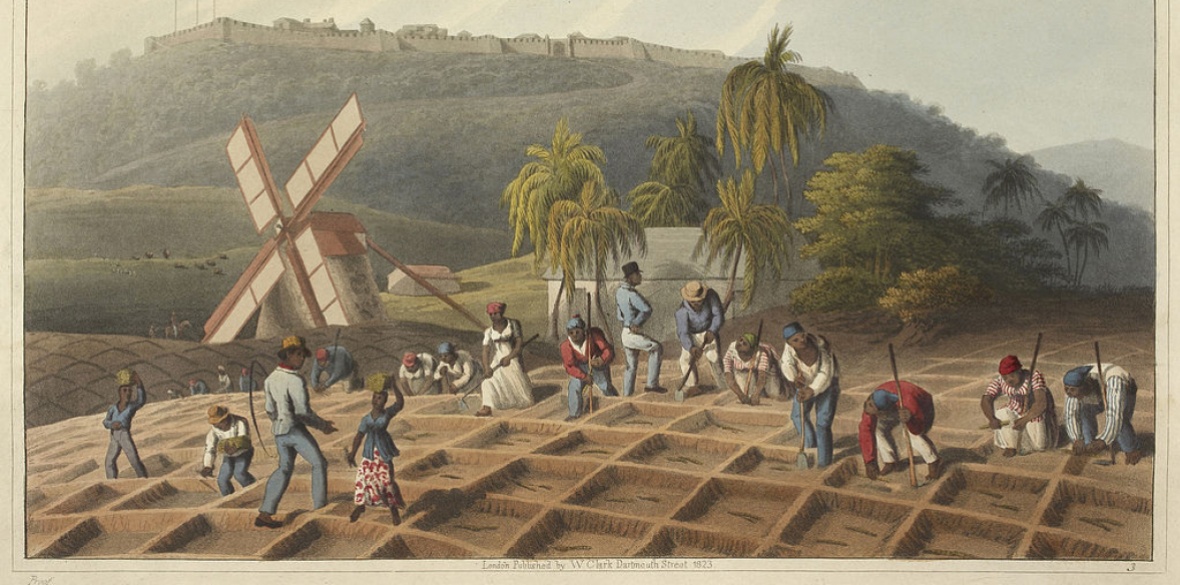This is the last article you can read this month
You can read more article this month
You can read more articles this month
Sorry your limit is up for this month
Reset on:
Please help support the Morning Star by subscribing here
NUMEROUS estates in the north of Scotland and Hebrides were acquired using riches connected to slavery in the Caribbean and North America, according to a new study today.
Independent research revealed the extent of historical links between plantation slavery and landownership in the western Highlands and Islands.
The paper Plantation slavery and landownership in the west Highlands and Islands: legacies and lessons was written by academics originating from the Hebrides and outlines 63 estates which were bought by significant beneficiaries of “slavery-derived wealth,” covering more than a third of the west Highlands and Islands.
It provides the first full analysis of estate purchases financed by slavery money, gathered through direct involvement with the slave trade, families, or from the compensation paid by the government when slavery was abolished.
An act of Parliament in 1833 provided £20 million compensation to slave owners — over £16 billion today — with the equivalent of over £120m of that spent buying the Highland estates studied. No compensation was provided to former slaves.
Co-author Dr Andrew Mackillop said: “In pointing out this connection the report is seeking to encourage informed debate over the tangled legacies of Scottish society’s substantial and sustained involvement in slavery within the British empire.”
The research, by Community Land Scotland, also found the equivalent of well over £100m was used by many of those involved with the Highland clearances, with at least 5,000 people cleared by this new slavery elite.
It also argued that they helped develop the idea of the Highlands and Islands being a playground for the rich to hunt, shoot and fish.
Dr Calum MacLeod, Community Land Scotland’s policy director, said: “Its findings are a timely reminder from history of the need to ensure that land in the Highlands and Islands and throughout Scotland is owned and used in ways that satisfy the public interest and achieve the common good.”
Anti-racism campaigners were among those who welcomed the report.
Stand Up to Racism’s Scotland convenor Talat Ahmed said: “It's good to see that more of the facts about the little acknowledged role of rich and powerful Scots in the abhorrent slave trade are being unearthed.
“Just as we saw in the “it wisnae us” attitude towards Scotland’s role in the slave trade, still, some insist that racism is not a problem in Scotland today.”










